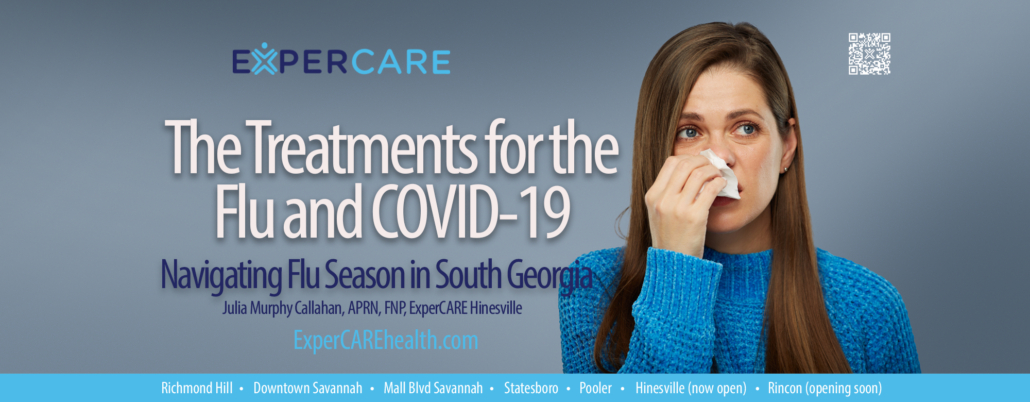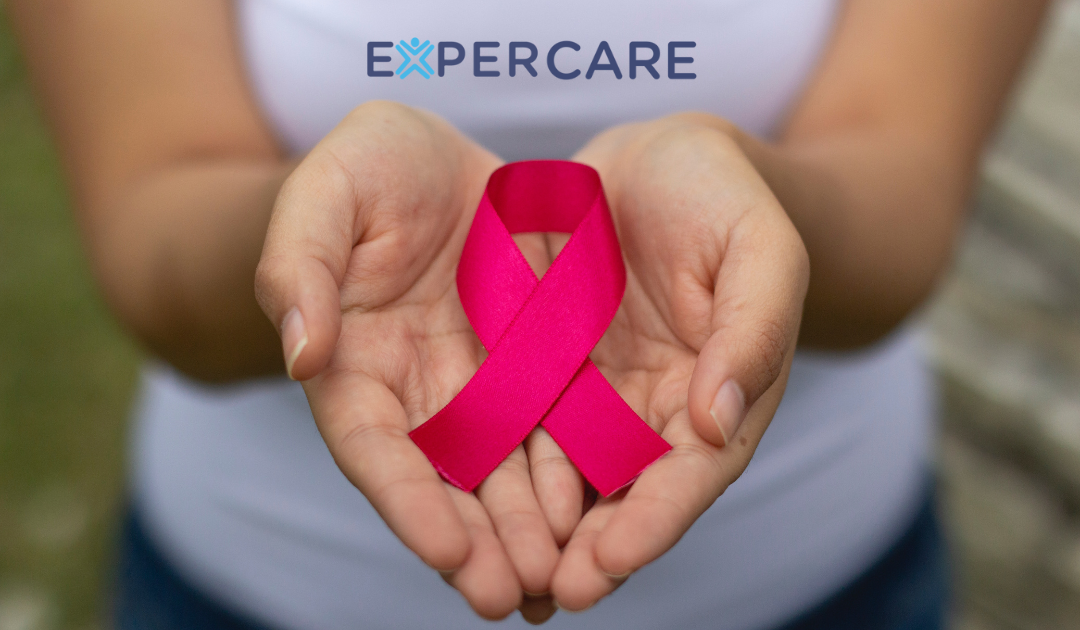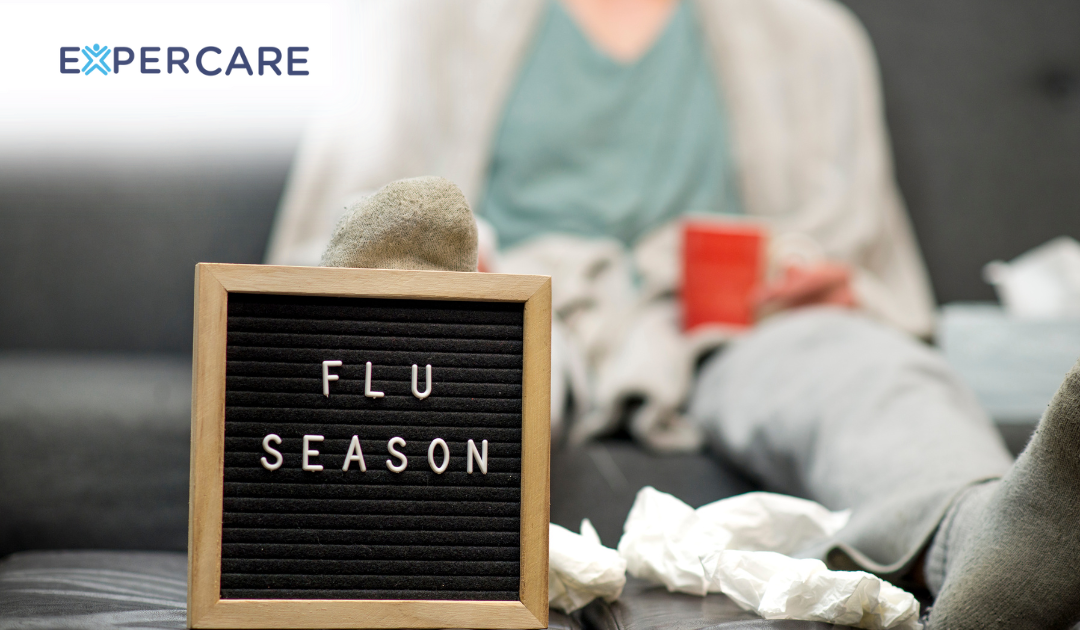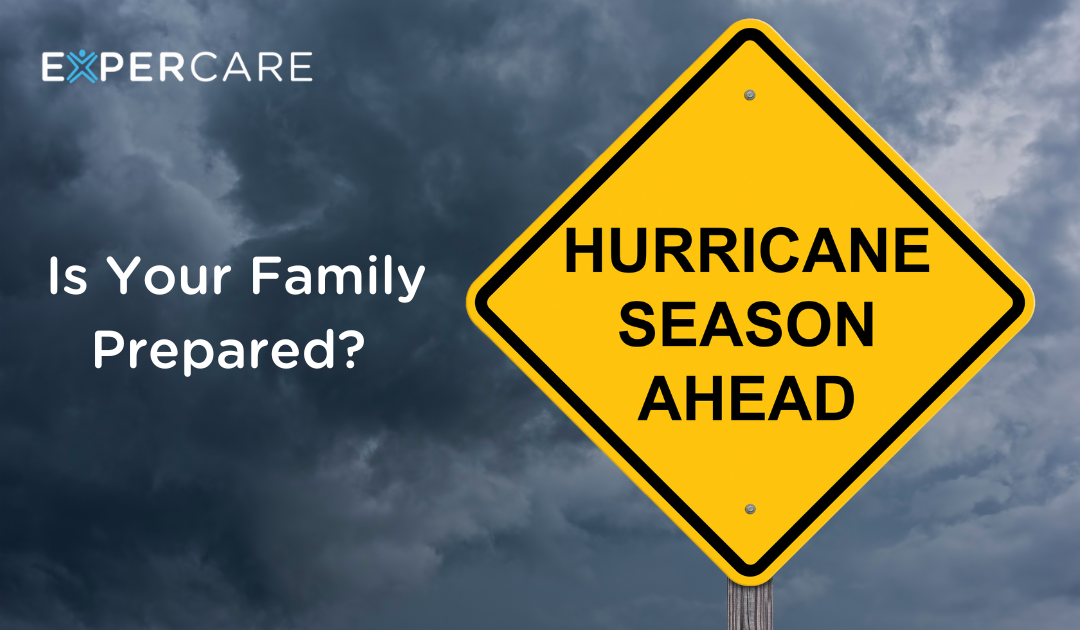
ElfCARE Alert: Keeping Your Elf Healthy This Holiday Season!
Attention, Elf Guardians and Super Parents! As your mischievous little elf makes their nightly journeys to and from the North Pole, they might encounter some chilly challenges.
Elf Sniffles? We’ve Got You Covered:
Traveling 4,001.64 miles from Savannah to the North Pole is no small feat, especially with the drastic temperature changes! This could mean your elf might come back with more than just Santa’s reports – think sniffles, sneezes, and shivers.
Don’t worry, though – ExperCARE is here to help! We’re proud to be the only healthcare provider in the Southeast certified by Santa himself for specialized ElfCARE. We understand the importance of keeping these festive friends fit, healthy, and ready for holiday fun.
A Special Note to Parents:
Protector of the North Pole: If you suspect your little one might be under the weather, it’s your mission to protect not only their elf but the entire North Pole – a task of epic proportions!
Early Detection: Keeping an eye out for early signs of sniffles or sneezes in your child can help prevent a North Pole health crisis.
Holiday Health Tips
Quick Recovery: If your elf feels under the weather, bring them in! We’re experts at getting them back to their playful selves in no time.
Stay Cozy: If you’re feeling sniffly, it’s best to stay home and rest. We want to keep the North Pole flu-free this season!
Practice Good Health Etiquette: Remember, sneezes and coughs spread more than cheer. Let’s all do our part to keep our families and our elves healthy!
This holiday season, let’s keep the magic alive and the health thriving, both in our homes and at the North Pole. Thanks to ExperCARE’s ElfCARE, your elf will be ready for all the holiday adventures ahead!
Stay safe, stay healthy, and let’s have a wonderfully merry season!
#ExperCARE #ElfOnTheShelf #HolidayHealth #ElfCARE #SantaCertified #ParentProtectors
OUR SERVICES
When it comes to medical care, routine or urgent, you want the comfort of a familiar face, a warm smile and the convenience of being seen the same day, after hours, or weekends. ExperCARE is locally owned and operated and employs the very best team in the industry. Our commitment to you is something we take to heart, ensuring we provide the very best experience for you and your loved ones. The synergy of expertise, compassion, and convenience are why our customers continue to recommend and return for their healthcare and peace of mind. We welcome the opportunity to exceed your expectations while providing access to the very best healthcare experience in the region when you need it.
Urgent Medical Care Services ı Routine Care ı COVID-19 Testing & Treatment ı Labs, X-rays, Diagnostics ı Occupational Medicine ı On-Site Services ı Immigration Services
6 CONVENIENT LOCATIONS
ExperCARE offers comprehensive care across its locations, including Richmond Hill, Pooler, Statesboro, Hinesville. two locations in Savanah, one in Savannah on Mall Blvd and the other in the Savannah Historic District Downtown. A new office is also opening soon in Rincon. Each location ensures consistent, high-quality healthcare services.
Each location is within a 25-minute drive of an ExperCARE facility, reflecting the our commitment to providing convenient and quality care.












